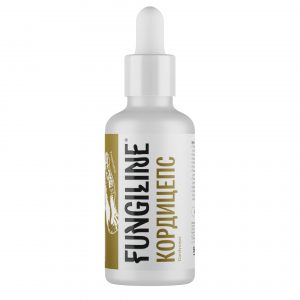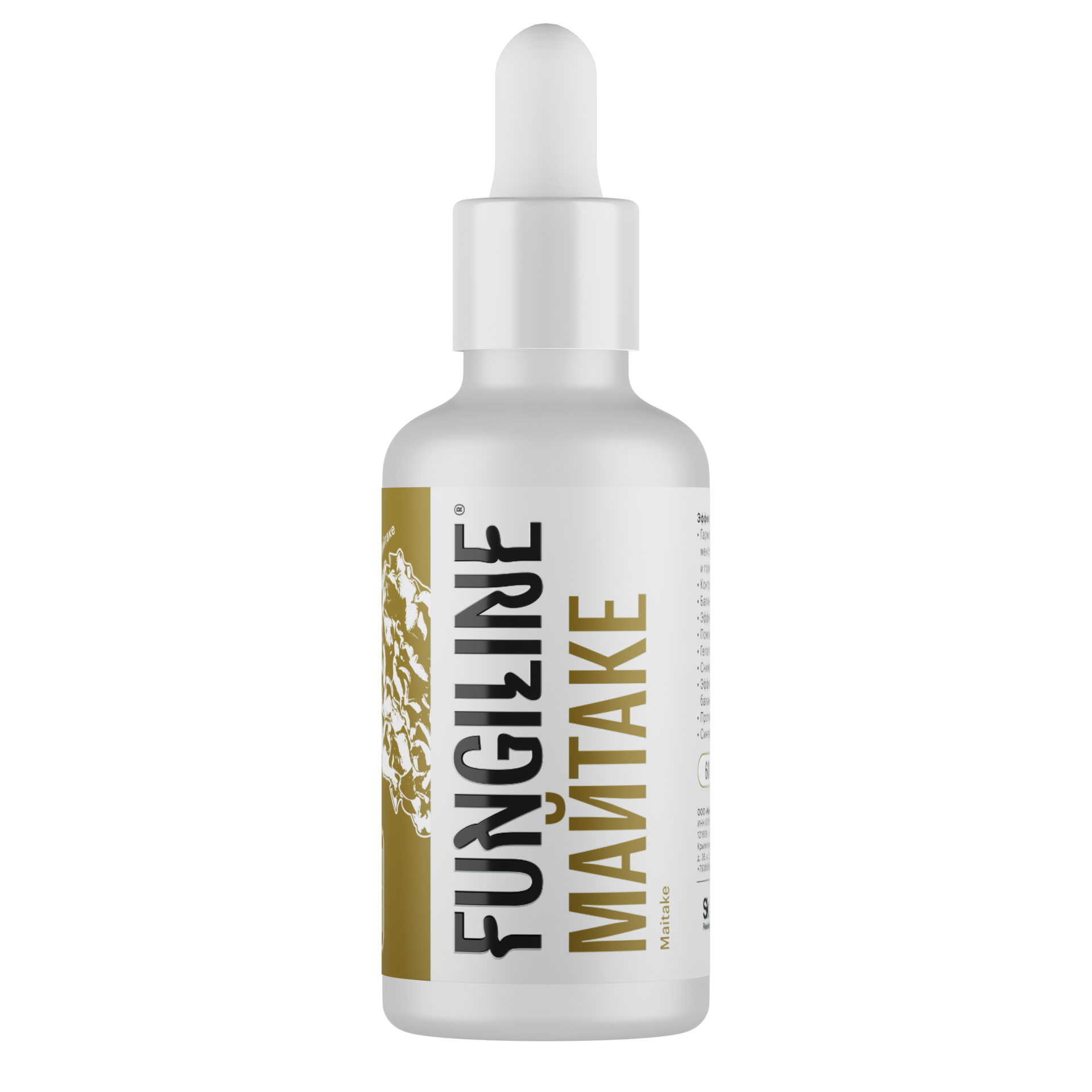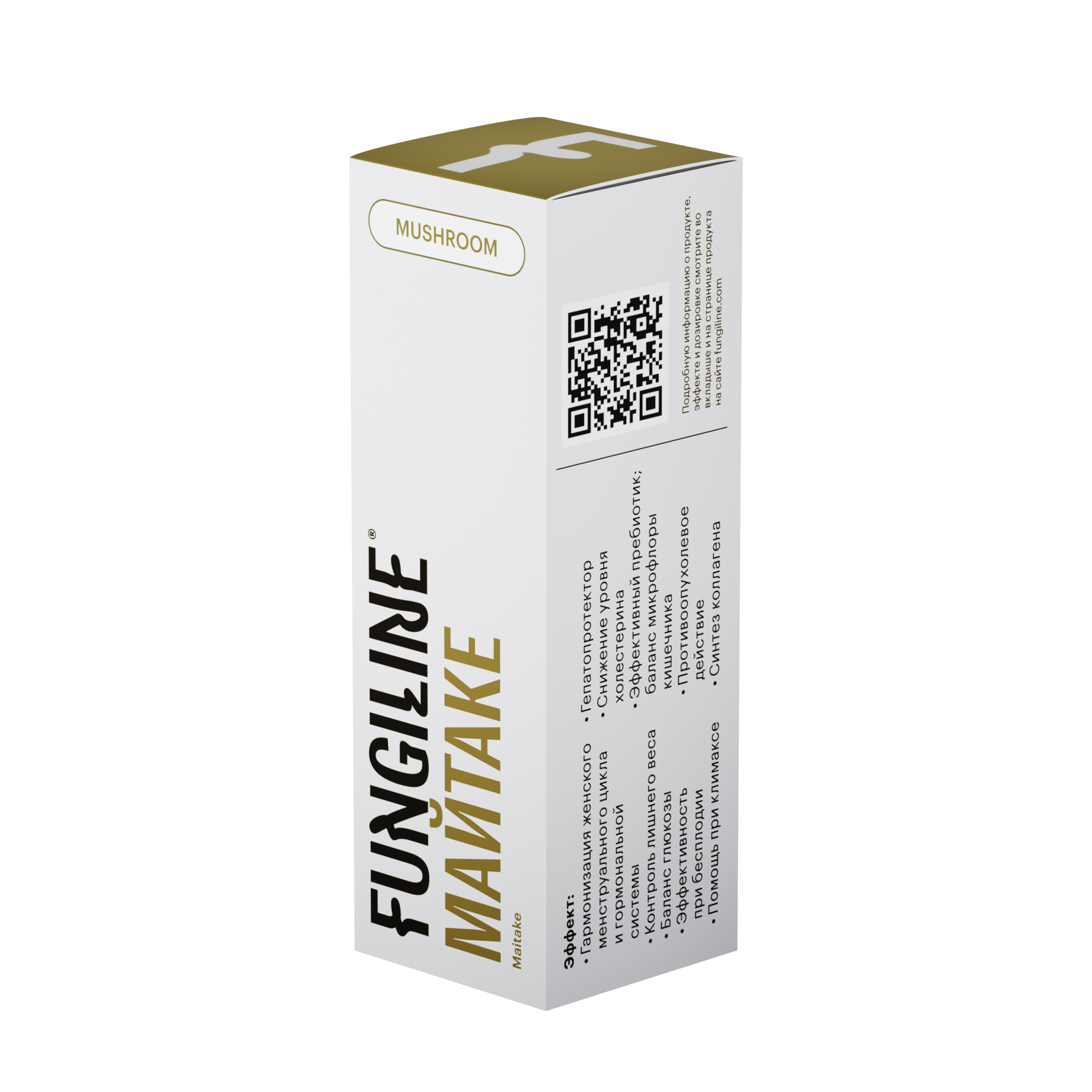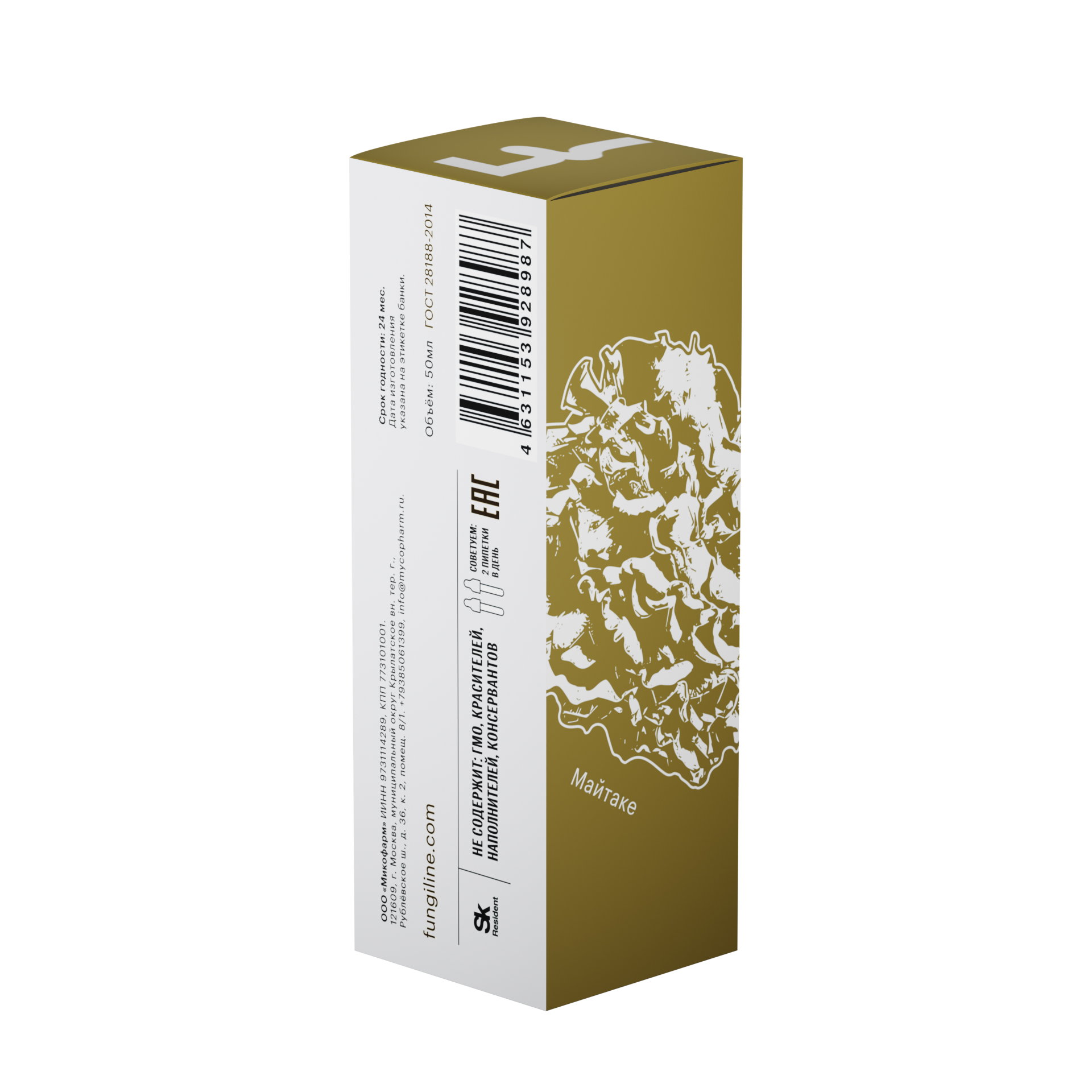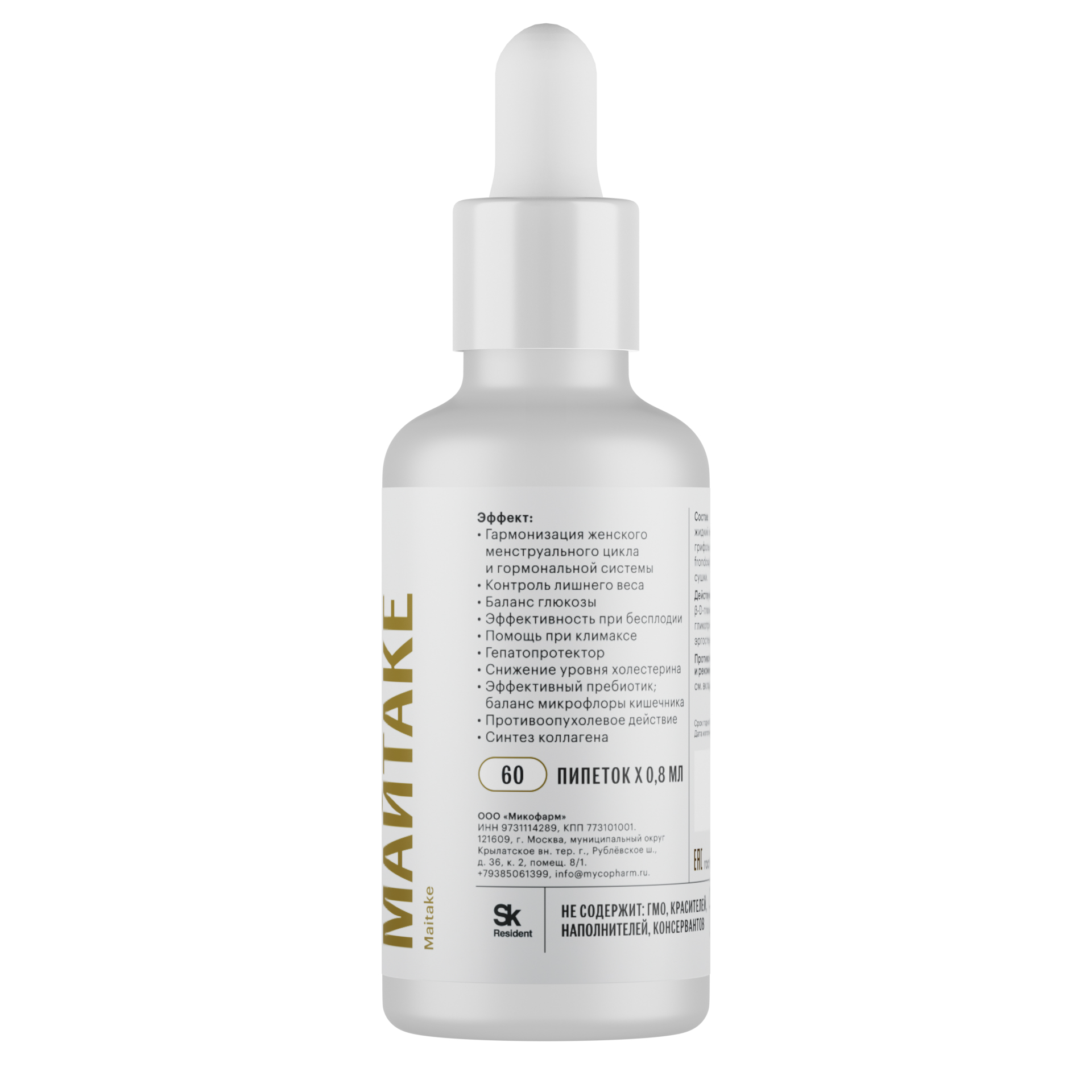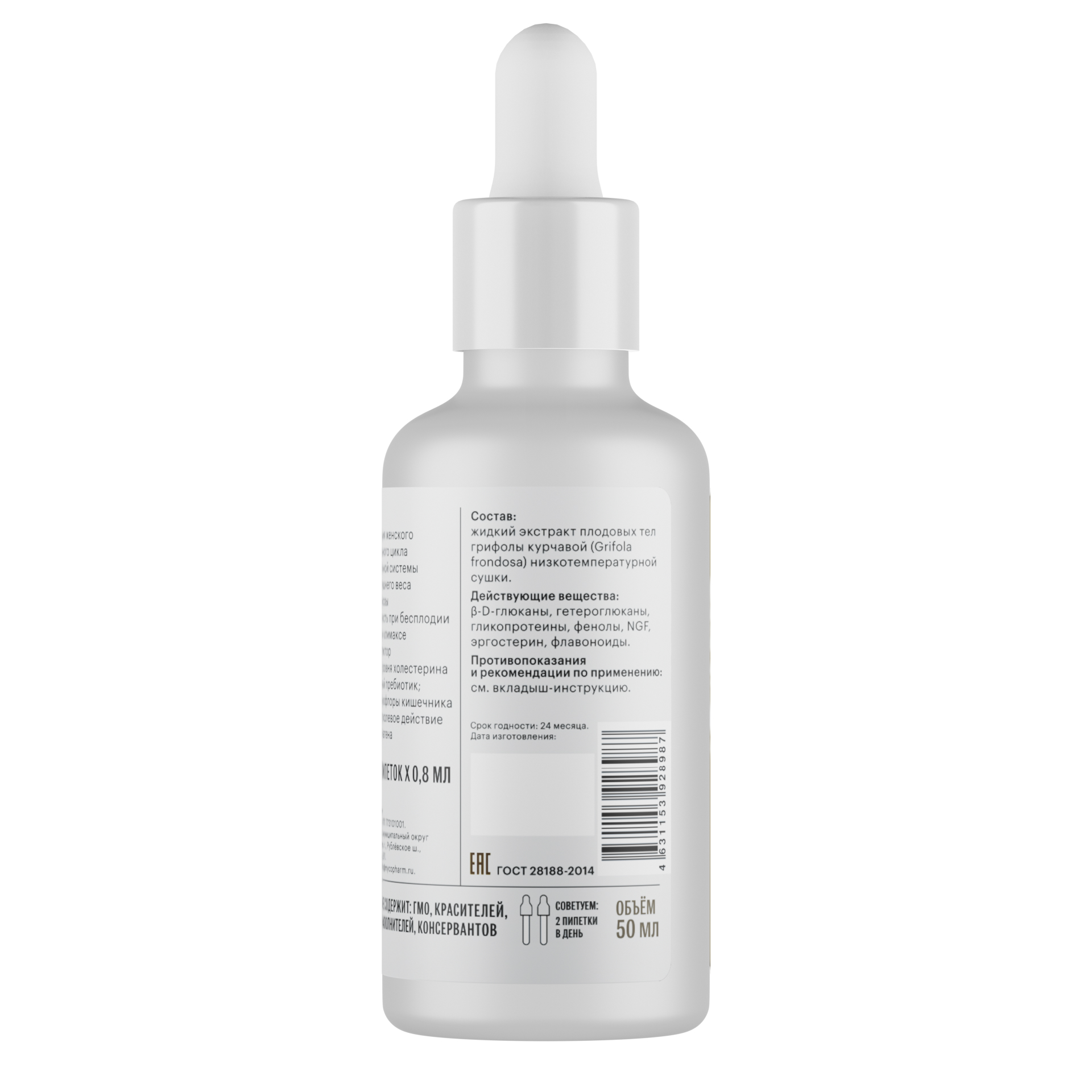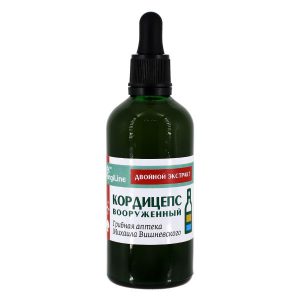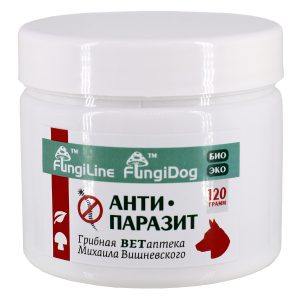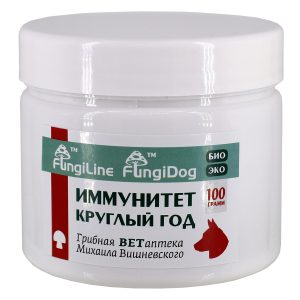Subtotal: 7000 ₸
Maitake double extract • 50 ml
7000 ₸
Maitake (Grifola frondosa), or ram mushroom, is traditionally considered a “female” mushroom: it has a beneficial effect on hormonal levels, evens out the menstrual cycle and promotes timely ovulation. This mushroom perfectly normalizes carbohydrate and fat metabolism in a woman’s body, restores cell sensitivity to insulin, reduces blood glucose levels, normalizes intestinal microflora, thereby promoting healthy and effective weight loss.
• In case of violation of the instructions for use, in particular when the recommended dosage is exceeded;
• If there are contraindications listed in the instructions.
• Benign (polyps, adenomas, fibroadenomas, papillomas, fibroids) and malignant formations. Efficiency in oncology of the female genital area, mammary glands, blood. As a preventative measure, as an addition to primary therapy and rehabilitation.
• Female reproductive system: menstrual cycle disorders in women of childbearing age, anovulation, hypomenstrual syndrome, any hormonal disorders, PCOS, premenopause, menopause, postmenopause with a pathological course, female infertility, uterine fibroids, endometriosis, vaginitis, cervical diseases, mastopathy.
• Endocrine diseases: insulin resistance, diabetes mellitus, thyroid dysfunction, obesity, osteoporosis, metabolic syndrome.
• Diseases of the digestive system: hepatitis, hepatosis, cirrhosis, duodenitis, cholelithiasis, pancreatitis, IBS, chronic cholecystitis, dysbiosis. Included in anti-parasitic programs.
• Infectious diseases: herpes infection, HIV, acute respiratory viral infections, acute respiratory infections; prevention.
•Diseases of the cardiovascular system: hypertension, atherosclerosis.
• Age-related skin changes.
• In weight loss programs.
• Anti-aging.
Liquid extract of maitake fruiting bodies (Grifola frondosa).
Preventive effects
1 pipette 2 times a day: in the morning on an empty stomach, in the evening before bed. The course is up to 6 months, then a 1-2 month break.
In order to maintain the hormonal system (women from 40-45 years old) to normalize the entry into menopause
You can stay full-time for several years. It can be taken by girls whose menstrual function has not returned to normal a year after it began.
Addition to main therapy or as monotherapy
2 pipettes 2-3 times a day: in the morning on an empty stomach, during the day without food, in the evening 30-40 minutes before bedtime. Course from 3 months to 1 year. If a positive effect is achieved, you can switch to preventive dosages.
An addition to complex preparations that contain maitake in order to enhance its effect
1 pipette 2-3 times a day; reception and course as prescribed by the complex.
Like many mushrooms grown or grown in an environmentally friendly environment, maitake accumulates the entire necessary range of micro and macroelements in its fruiting bodies. Including mushrooms in the diet is especially important for people living in urban environments and facing constant oxidative stress (disturbed sleep-wake cycles; nutritional imbalances and eating problems; chronic stress; adverse environmental factors; lack of physical activity). Therefore, mushrooms are a unique and extremely promising product of our time, capable of covering the whole range of nutritional needs of a modern person.
• Maitake fruiting bodies are highly nutritionally valuable and contain amino acids, B vitamins, a wide range of minerals including copper, zinc and phosphorus, as well as polysaccharides and steroidal and phenolic compounds with high biological activity. This is an excellent remedy for losing weight and correcting metabolic syndrome. As a rule, these conditions are chronic in nature and include a number of disorders in the body: high glucose, insulin resistance, type II diabetes mellitus, arterial hypertension, PCOS, sarcopenia, dyslipidemia, cardiovascular diseases, obesity, osteoporosis, decreased cognitive function ( Alzheimer’s disease), erectile dysfunction, sleep apnea. Maitake polysaccharides are able to comprehensively influence these conditions, gently regulating metabolic disorders in the body. They reduce glucose levels and have selective regulatory activity against microflora in people with type II diabetes. They reduce total cholesterol and blood pressure, having a beneficial effect on the liver and circulatory system as a whole. The phospholipids found in maitake help restore the sensitivity of cell receptors to insulin, balancing glucose and insulin levels.
It is no coincidence that in Japan maitake is called the “geisha mushroom” or “slimness mushroom”; it was he who helped women in ancient times maintain excellent shape.
• Due to its effect on carbohydrate metabolism and insulin sensitivity, maitake can be an excellent tool in protocols for the treatment of infertility, lack of ovulation and menstrual disorders. Polycystic ovary syndrome (PCOS) is a common cause of irregular menstrual cycles in women. The pathogenesis of this disease is multifactorial and, as a rule, is characterized by the absence of ovulation, high levels of androgens, excess weight, insulin resistance and, as a result, the inability to become pregnant. A 2010 Japanese study showed that maitake preparations were able to induce ovulation in 77% of study participants, which is almost equal to the effect of pharmaceutical drugs. The ability to normalize hormonal levels allows maitake to be used for other endocrine diseases. With chronic fatigue syndrome, positive dynamics are observed after 4-6 weeks of use. Menopausal changes when taking maitake are not as pronounced. The frequency of hot flashes decreases, irritability and intensity of emotional
bursts.
• Maitake is an excellent immunomodulator and oncoprotector. B-1,6- and B-1,3-glucans contained in maitake fruiting bodies are capable of increasing the number of immunocytes and activating NK cells, thereby strengthening the innate immune system, making it more resistant to various stress factors, including viruses (in including hepatitis B) and oncology (tumors of the liver, lungs, mammary glands). They have an anti-inflammatory effect in chronic intestinal diseases, including ulcerative colitis and
Crohn’s disease.

